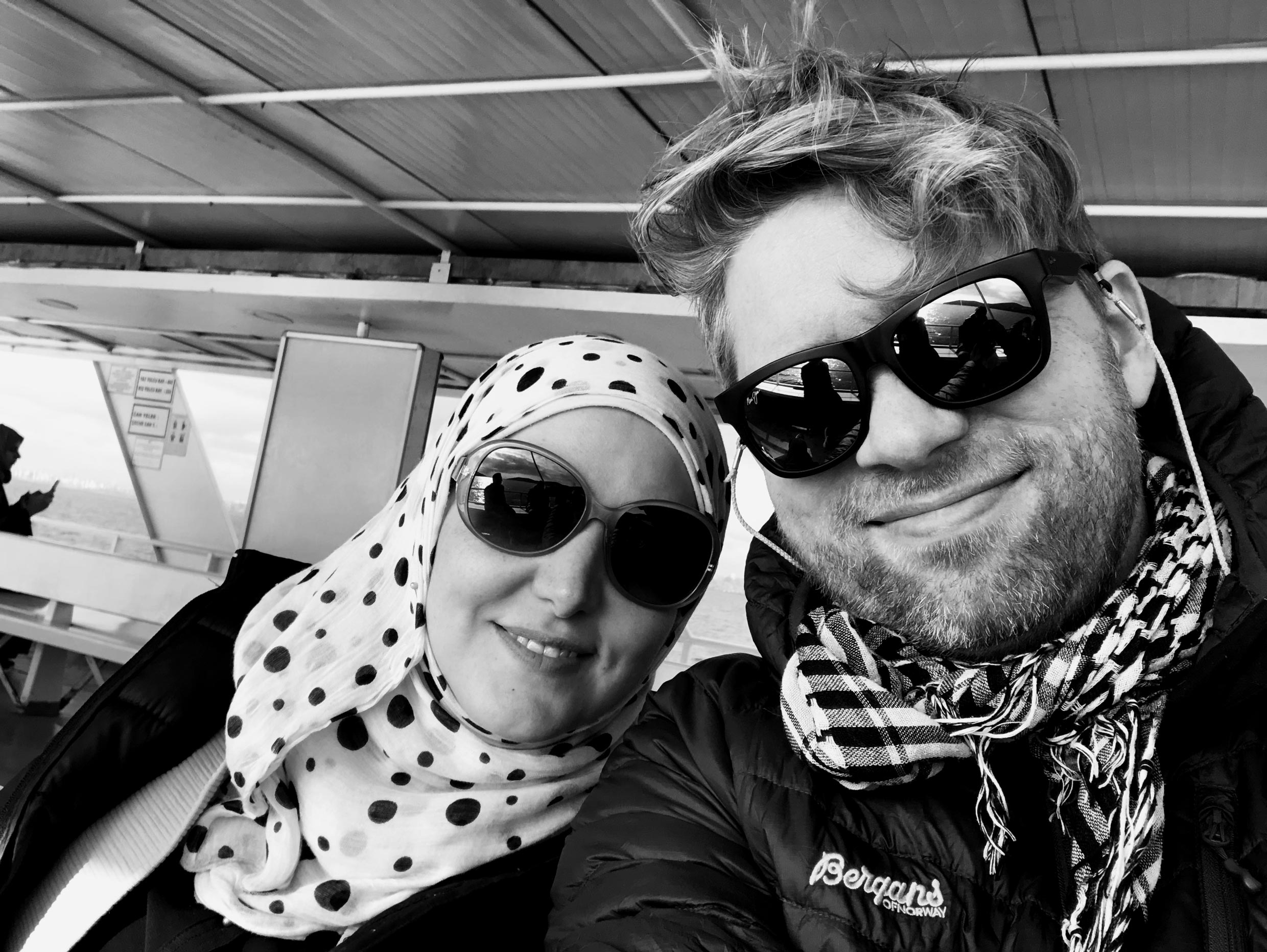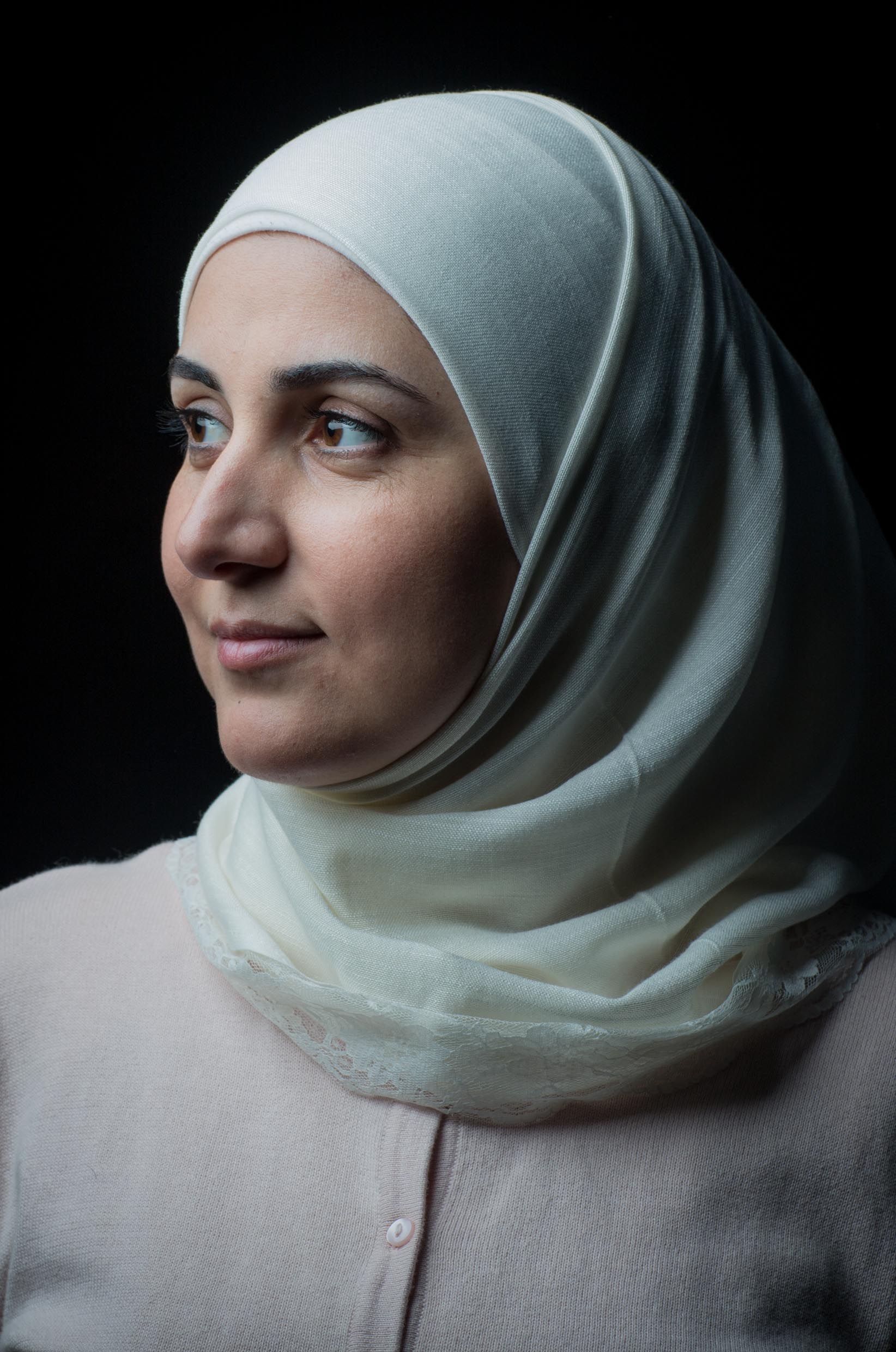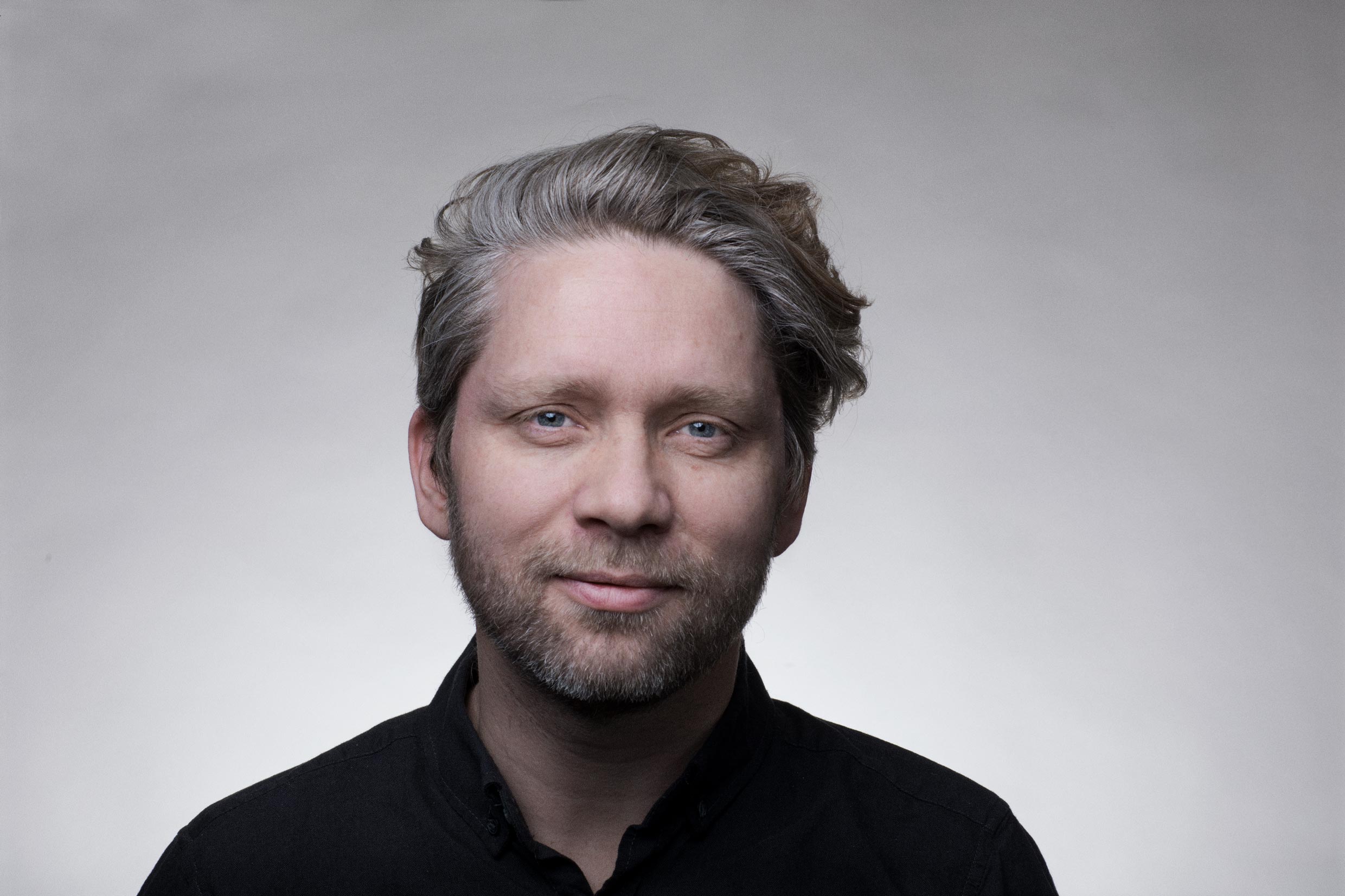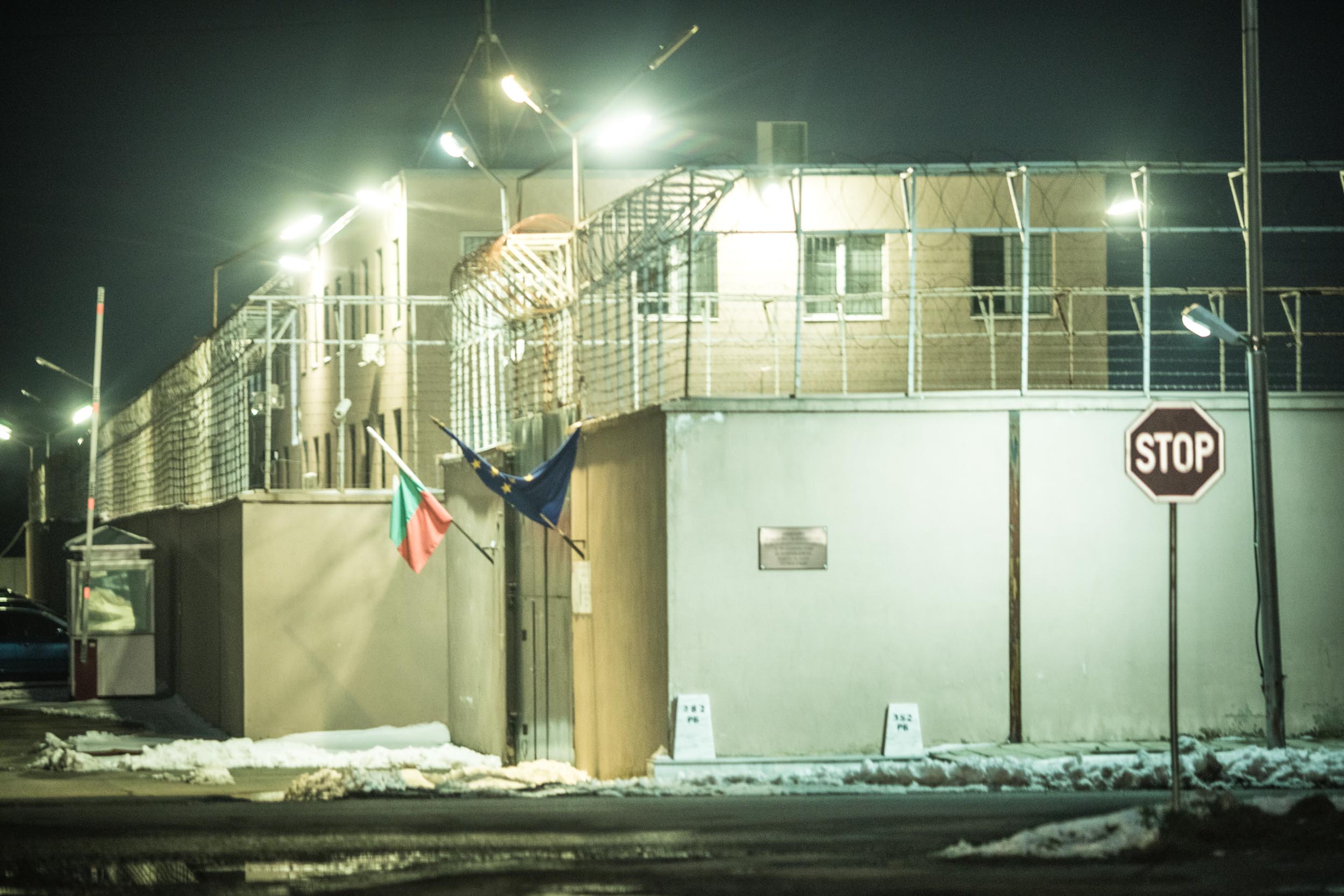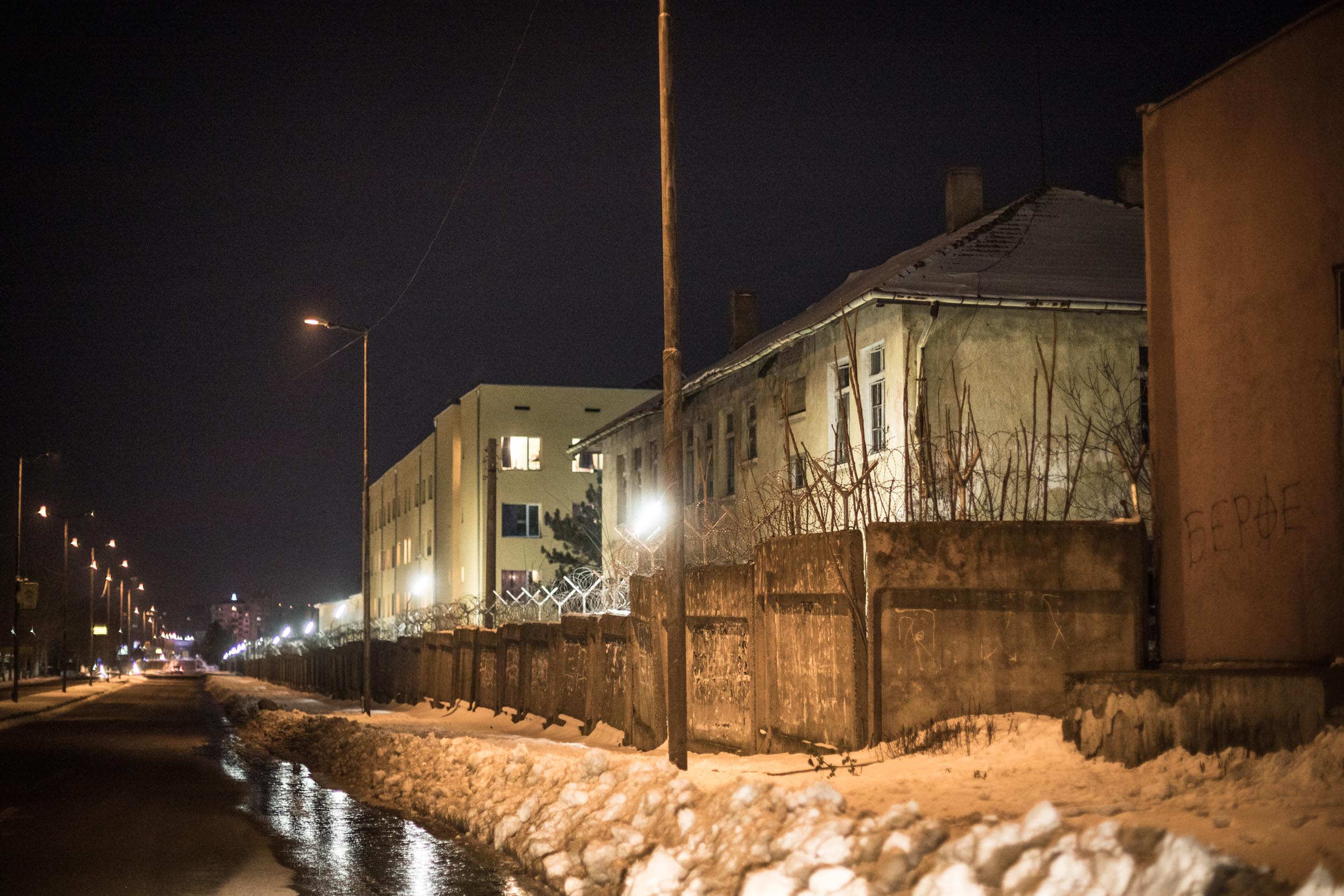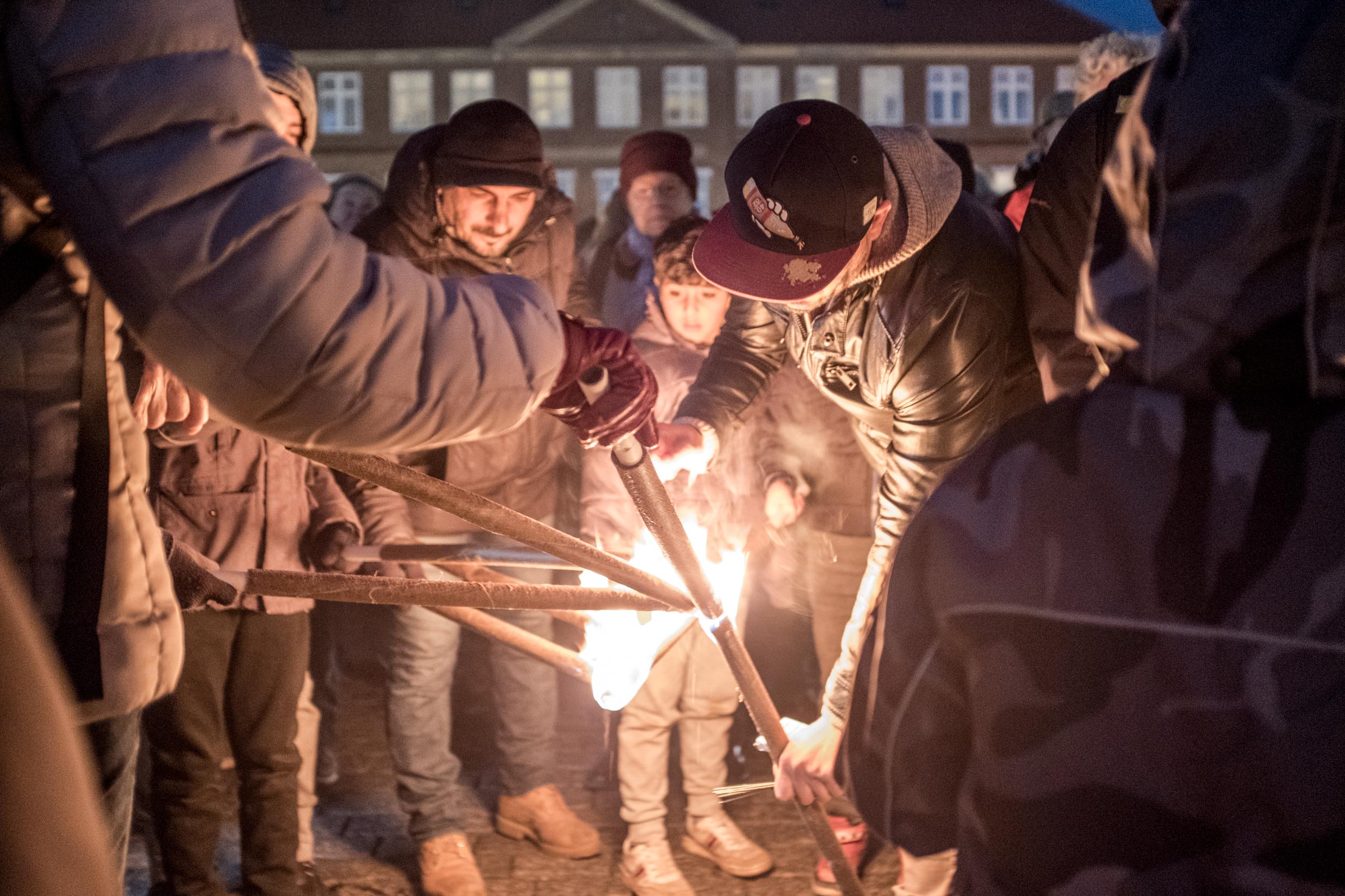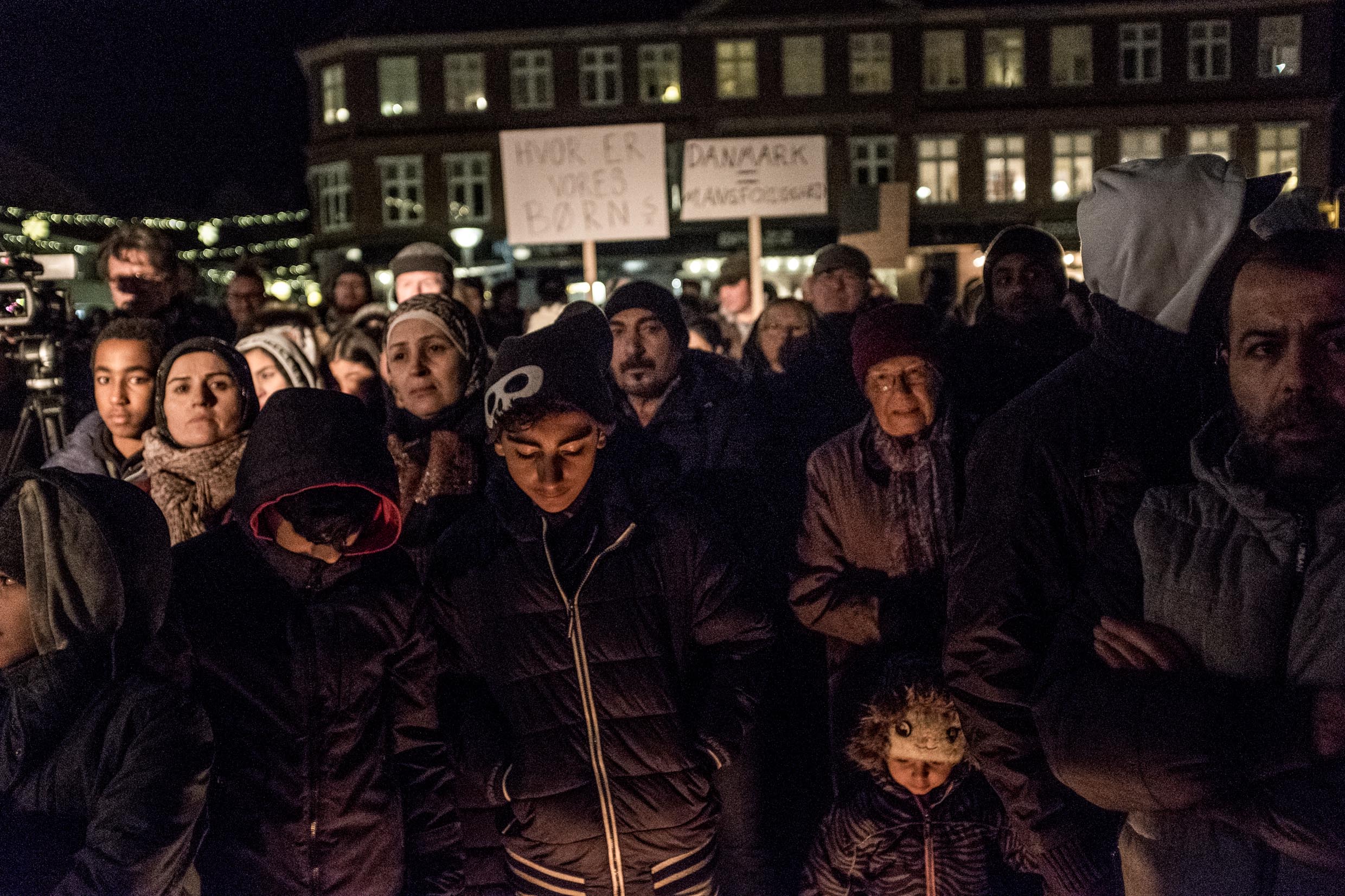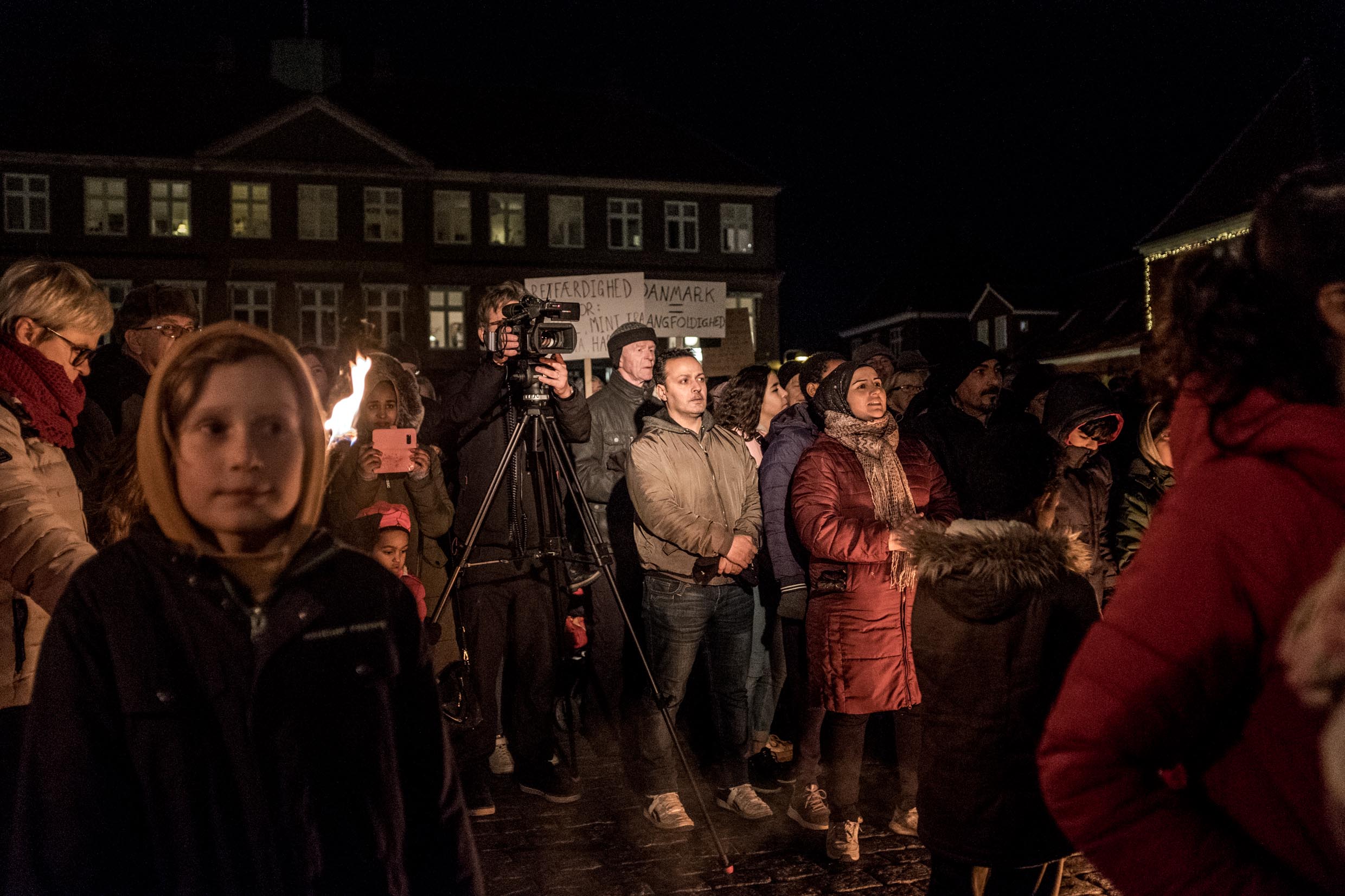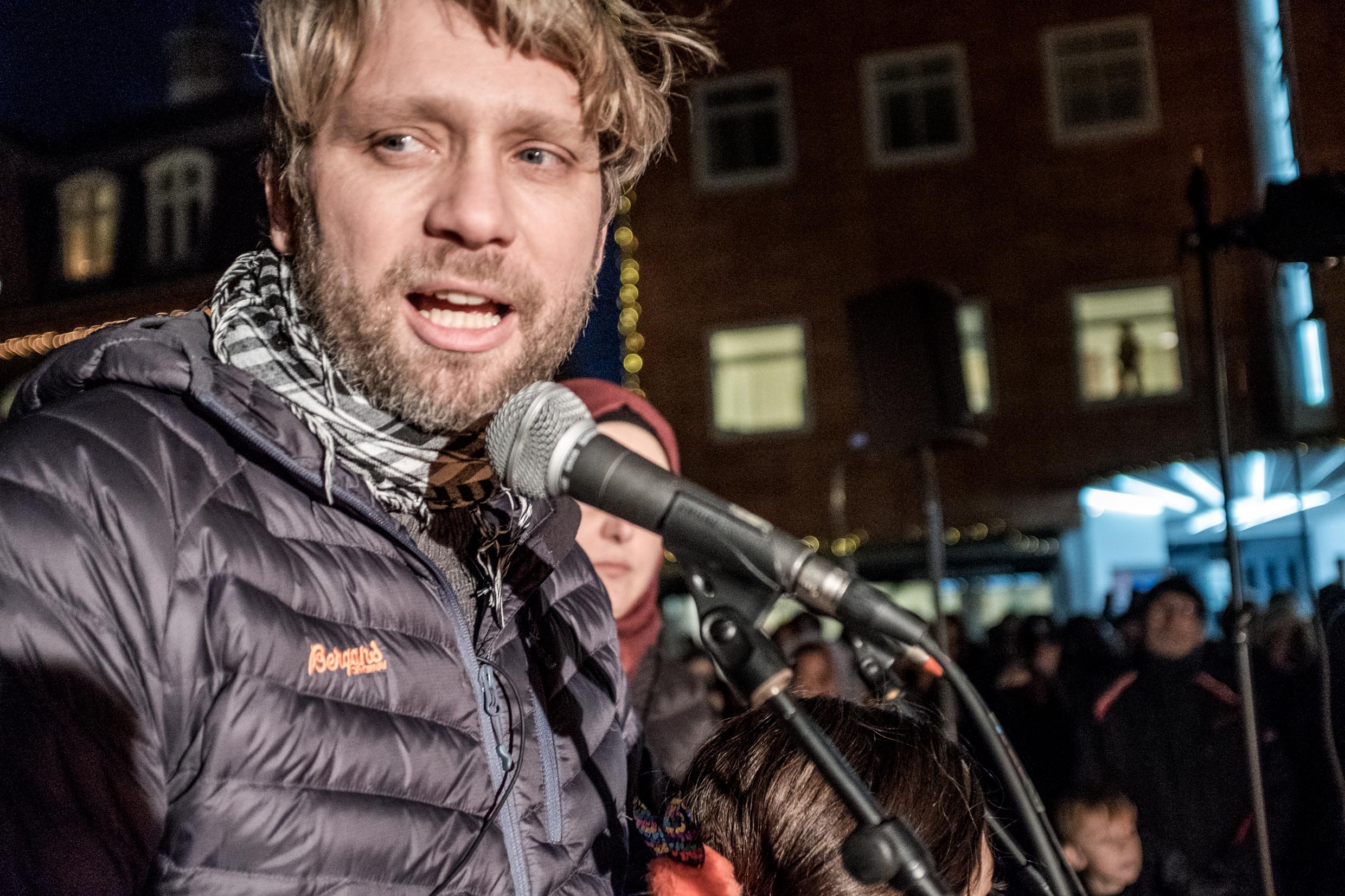Fighting for human rights
Bornholm, DEnmark
BY ida brink | PHOTOS BY MARTIN THAULOW
‘I am a refugee, I am not a guest. In Syria I was fighting for my rights with my colleagues, friends and family. Many of them were arrested, tortured and killed … Danes, fight for your human rights today! Tomorrow it might be too late.'
These words were spoken by Syrian refugee, Rawan Abdullah. Her plea, spoken in perfect Danish, goes out to the people of Denmark. Why? On November 30, 2018, the Danish government and the Danish People’s Party agreed on the Finance Act 2019.
In the Finance Act, the Danish government and the Danish People's Party proclaimed a "Paradigm Shift" in Danish immigration policy. Instead of helping refugees integrate into Danish society, their aim shifted to ensuring refugees would leave Denmark as soon as possible. Out of the Finance Act's 70 pages, 15 pages were dedicated to the new restrictions towards foreigners and refugees. These restrictions not only leave refugees in Denmark in difficult situations, but they may even violate international human rights conventions, according to experts in the UN [1].
First video launched on December 9, 2018. Rawan's appeal to the Danes to fight for human rights and join National demonstrations against the new laws against refugees. Note: CC in English, Arabic and Danish.
a continuous fight
As a result of the new Finance Act, Rawan chose to stand up and fight for her rights. All across Denmark, people arranged demonstrations that took place on December 10, 2018. As a resident of Bornholm, Rawan decided her town should take part in the national movement by having its own demonstration. For the event, Rawan created a film to encourage people to join the demonstrations, and it went viral on Facebook. As a result of this film, Syrian refugee, Rawan Abdullah, became the face of the fight for human rights.
This wasn't the first time Rawan had stood up for her rights. In Syria, Rawan had participated in demonstrations in the Arab Spring; however, this involvement was dangerous. People were shot by the regime, which pushed Rawan to seek out medical support in Homs to help the wounded. This involvement came at a cost. As a result of torture, one of Rawan's colleagues revealed her name to the regime. Fortunately, a contact warned Rawan, and she was able to flee Syria immediately for safety, leaving her two children behind.
When I applied for the permission to demonstrate from the police, it suddenly hit me... This was how it started in Syria. We demonstrated for our rights and I ended up fleeing.
Today, Rawan is married to Martin Thaulow, the founder of Refugee.Today. They met each other in the beginning of 2015 when the refugee influx in Europe was booming. At the time, Rawan worked at the Red Cross Asylum Center in Bornholm where she had been residing as an asylum seeker herself. Speaking 4 languages fluently, she easily got a job at the center, after being granted political asylum.
At that time, Martin had been filming and photographing refugees for more than 7 months and was then working on a documentary about life in the asylum centers at Bornholm. Rawan was the one introducing him to the Rojin Case. In this case, a Syrian girl was rejected by the Danish Immigration Service and due to be extradited to Bulgaria due to the Dublin Regulation. As Rojin was over the age of 18, this decision would cause her to be separated from her mother and brother.
We are here because of love... We are a perfect example of how love can connect us across culture, religion and borders. When I met Rawan, I didn't see a hijab. I just saw a truly beautiful human.
The start of refugee.today
The film Martin was working on was to be titled: Refugee.Today. When learning about Rojin’s case, Martin decided to change his position as filmmaker, and take a more active role in trying to help Rojin and her family. Refugee.Today was born.
Within days, Martin launched the website Refugee.Today to raise awareness about Rojin’s case and to address Danish politicians and the public. Martin and Rawan decided to feature the living conditions of 5 asylum centers in Bulgaria to show the Danish government the true reality of their ruling on Rojin's case.
With Rawan’s language skills, she and Martin managed to cover 5 Bulgarian asylum centers over a course of 3 months. They communicated with people for nights on end and got footage that documented the poor living conditions and the suffering of the people who lived there. Rojin was forced to leave both her family and Denmark, and later sought refuge in Germany.
Two of the Bulgarian asylum centers that Rawan and Martin infiltrated: Lyubimets Detention Center and Harmanli Asylum Center. The photos are from March 2018, where Martin travelled to Bulgaria with journalist Florian Elabdi to follow up on the conditions in the centers.
The demonstration on December 10, 2018, arranged by Rawan Abdullah. It took place on the main square in Rønne, Bornholm. Hundreds showed up to show their opposition to the new Danish laws against refugees. Photos by Vilas Thaulow.
To this day, Martin and Rawan continue to fight for the rights of refugees - and to maintain international human rights. Support their work below through Refugee.Today.
